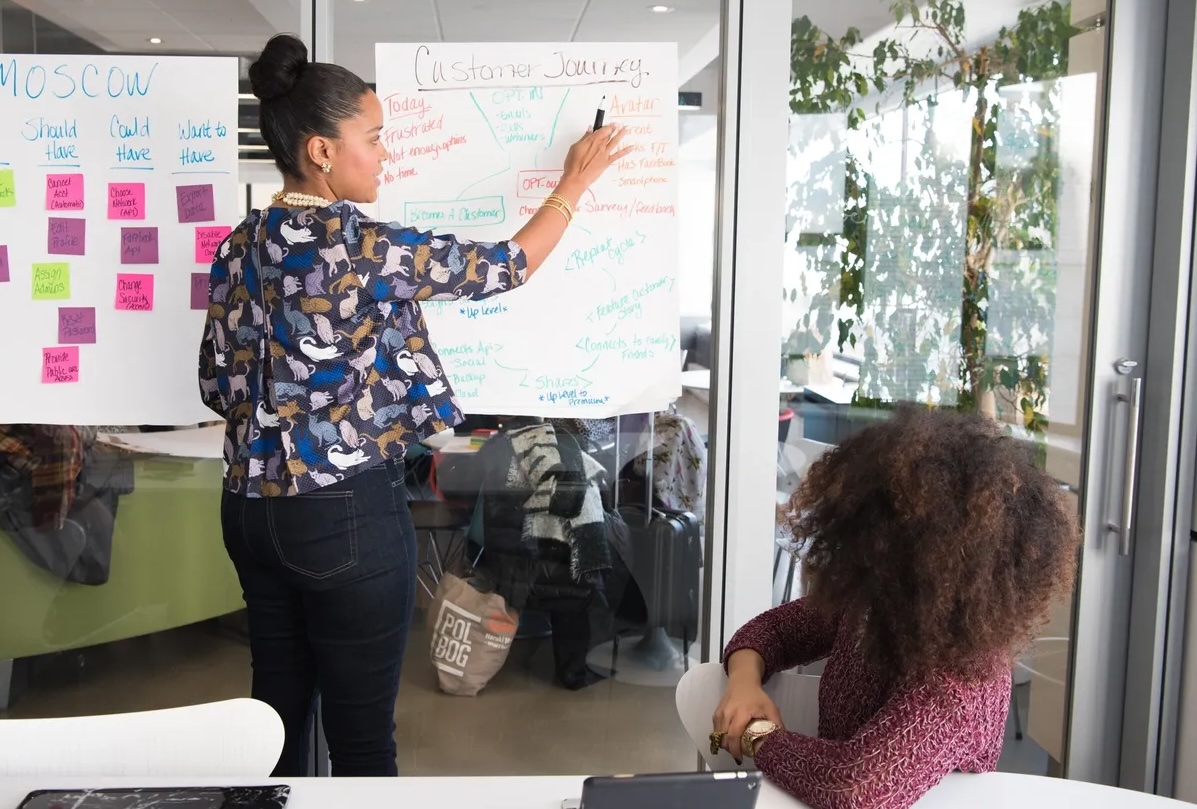I’m an activist and a financial advisor. That’s not traditional, but it’s typical for us millennials.
The millennial generation (born between 1980 and 2000) is the largest generation in America and is about to receive one of the largest transfers of wealth in modern history. A projected $30 trillion in financial and non-financial assets will pass from Baby Boomers to their heirs in North America alone. Soon, if not already, the millennials will become everyone’s target market. Our perspective is quite different than that of our parents or grandparents. We inherited a messy earth and want to fix it. We also believe we can.
Our generation grew up in a world of political instability and compounding environmental issues. Post-9/11, we witnessed controversial wars in Afghanistan and Iraq, the Arab Spring, the financial crisis, unmanageable student loans, the BP oil spill, the Enron scandal, and Katrina. We Occupied Wall Street.
We also saw the birth of Facebook and Tesla. We were exposed to rapidly changing new technologies and global information, news, and social media. Our world has become smaller and our awareness of social and environment issues is pervasive. We are a generation with an entrepreneurial soul. With confidence, not only do we look to the opinions of establishment-dubbed experts, but also we have expanded our circle of influence to include education from countless sources, self-taught thought leaders, and reviewers.
This shapes our attitude towards traditional markets, institutions, and the ways to live a fulfilling life. For millennials, “doing good” means having an awareness of the effects of the products we use, the news we read, the jobs we take, and the investments we make.
The financial advisory landscape also is changing. The rise of robo-advisors and online alternatives has disrupted the competitive landscape. Defining a compelling value proposition is a priority. Holistic financial planning, rather than stock picking and trading, is imperative.
The new opportunities bring new risks. According to a PwC study, 49 percent of children change advisors when assets are transferred to them. So how can advisors retain their clients from generation to generation? When asked what Millennial’s are looking for from their wealth managers, “understanding the needs of investors in their twenties and thirties” and “communicating in a language that resonates with that age group” top the list. These new investors seek financial security, but they seek it through sustainable investments they hope will make an impact on some of the world’s toughest problems.
The first form of Socially Responsible Investing (“SRI”) was a divestment strategy from specific sectors (firearms, tobacco, alcohol, nuclear power etc.) or companies having a negative effect on the global communities. The movement is picking up traction. According to US SIF’s 2014 Report on Sustainable and Responsible Investing Trends in the United States, more than one out of every six dollars under professional management in the US (approximately $6.57 trillion) was invested into SRI strategies. In 2012, this figure was one out of every nine dollars, representing an increase of more than 50 percent over two years.
Over the past decade, with more awareness, options, and customization, the industry has moved towards an involved approach of active ownership, known as impact investing. This approach requires advisors to target companies and sectors that align with their clients’ values in clean technology, supply chain management, animal testing, human rights, child labor, fair trade practices and more.
A common misconception, shared by advisors and investors alike, is that one must sacrifice financial returns in order to make a positive impact. This is debunked by a recent report from the Morgan Stanley Institute for Sustainable Investing. The research suggests that investing in sustainable products has usually “met and often exceeded” the performance of comparable and traditional investments, both on an absolute and risk-adjusted basis across asset classes and over time. According to another recent study, socially responsible investing has outperformed the S&P 500 for decades. “Since 1990, the social index (MSCI KLD 400) returned an average annual total return of 10.46 percent compared with the S&P 500’s 9.93 percent,” notes MarketWatch.
One could argue that SRI/impact investing simply makes business sense. Public companies that are aware of the triple-bottom line focus on relevant issues that consumers pay attention to. This helps a company fundamentally do well. As advisors, our duty is first to preserve and grow assets for our clients. The conversation around impact investing would not be able to expand the way it has if advisors were not at the very least embracing their responsibility.
Millennials are coming into wealth. Wall Street must adapt to changing competition and new investor principles. Demand for impact investing is growing. These factors are converging to bridge the gap between Wall Street and Millennials. More importantly – impact investing is an honest solution. Advisors must start to educate themselves on the values of future clients. We millennials hold both companies and ourselves to high standards, and if advisors can offer investment ideas that can help clients financially and our greater world simultaneously – we can show our generation that through traditional investment models, through Wall Street itself, that we can in fact make a positive impact.
The information contained in this article is not a solicitation to purchase or sell investments. Any information presented is general in nature and not intended to provide individually tailored investment advice. The strategies and/or investments referenced may not be suitable for all investors as the appropriateness of a particular investment or strategy will depend on an investor’s individual circumstances and objectives. Investing involves risks and there is always the potential of losing money when you invest. The views expressed herein are those of the author and may not necessarily reflect the views of Morgan Stanley Smith Barney LLC, Member SIPC, or its affiliates.












